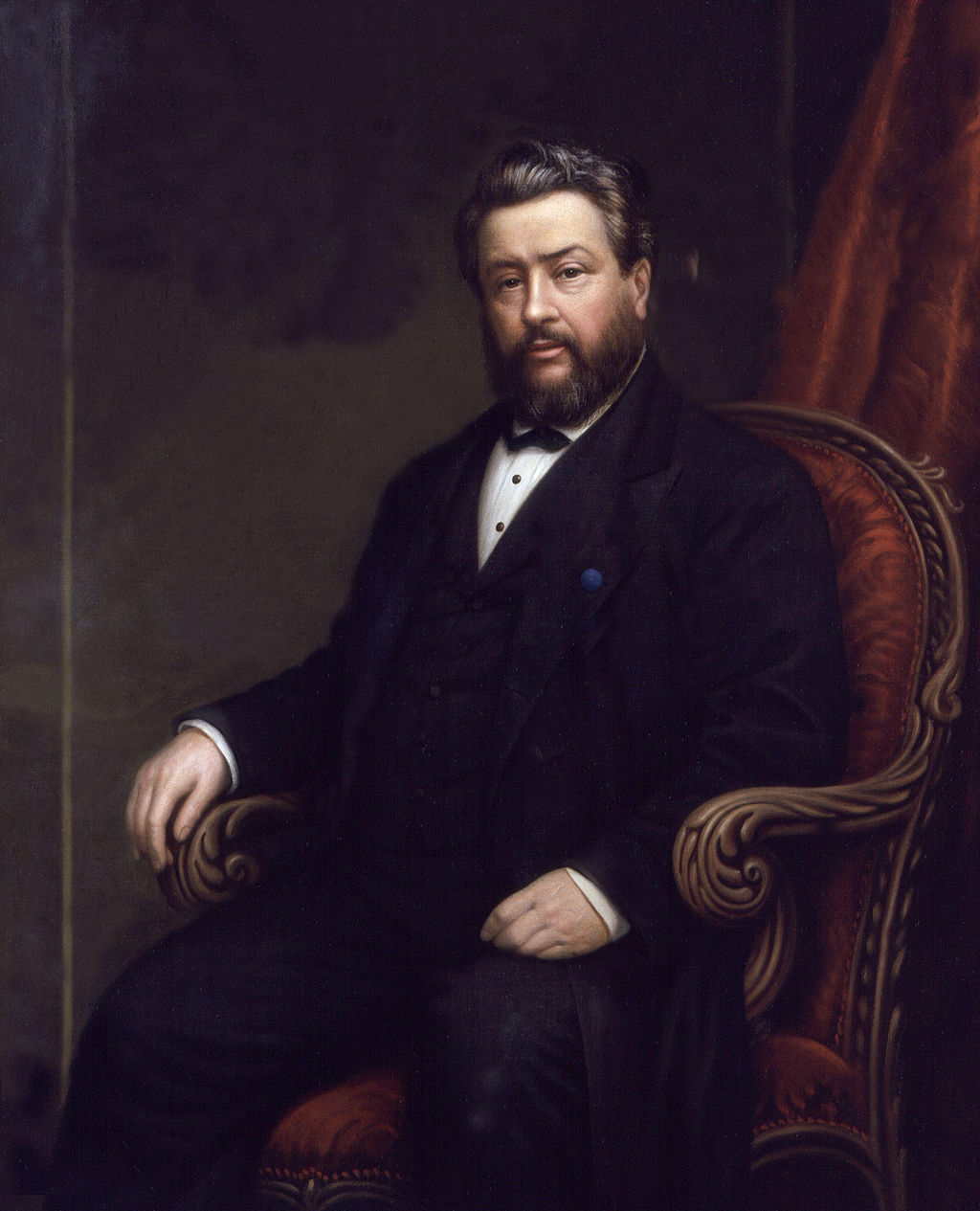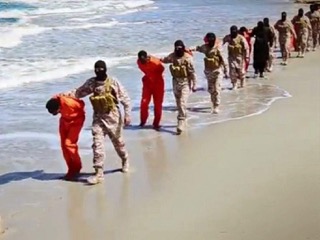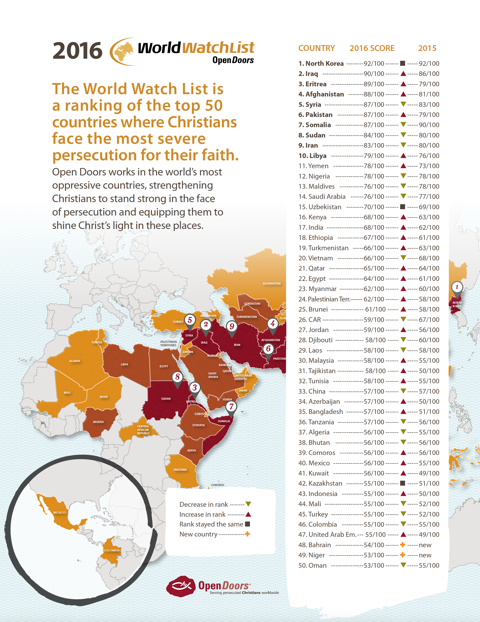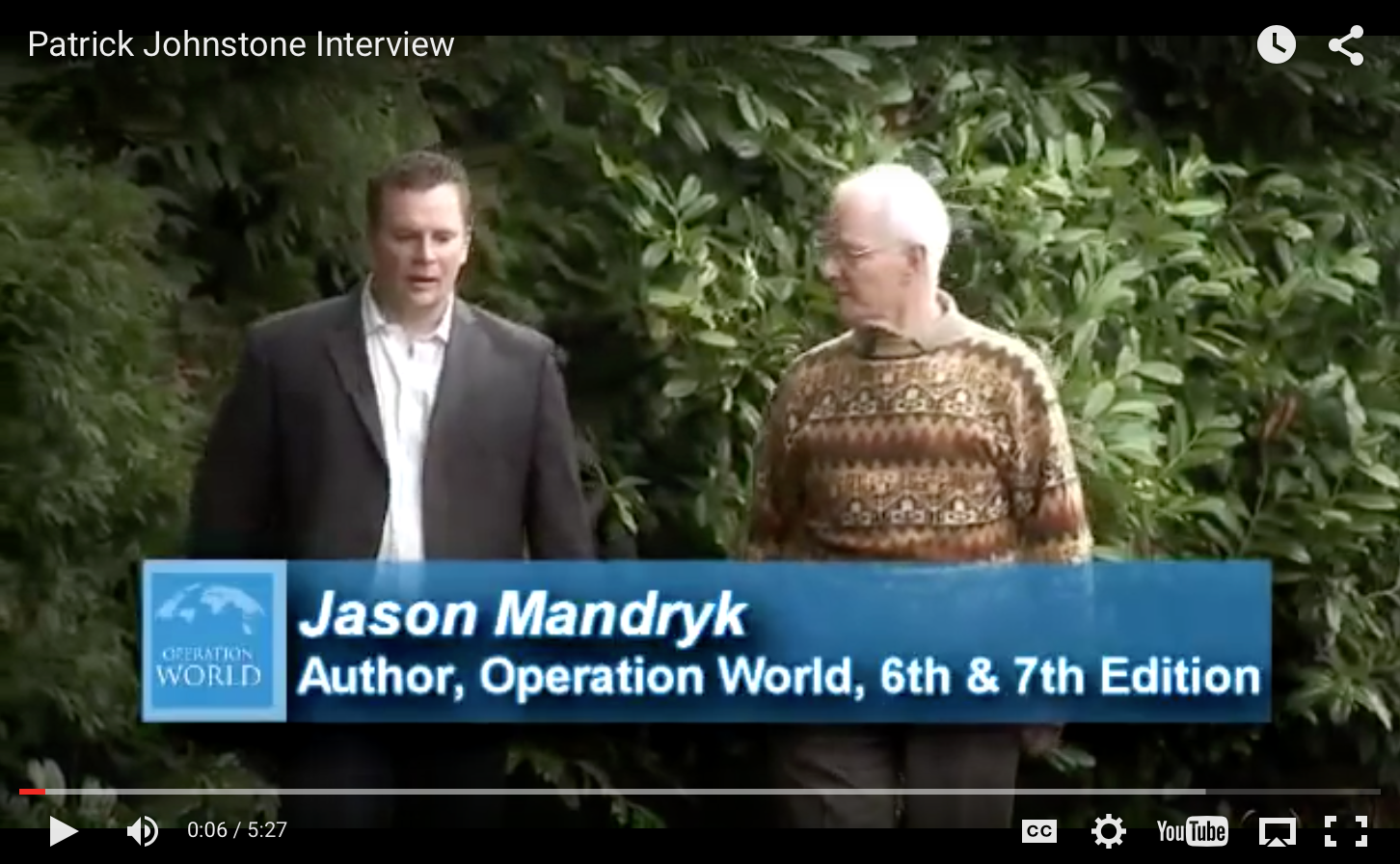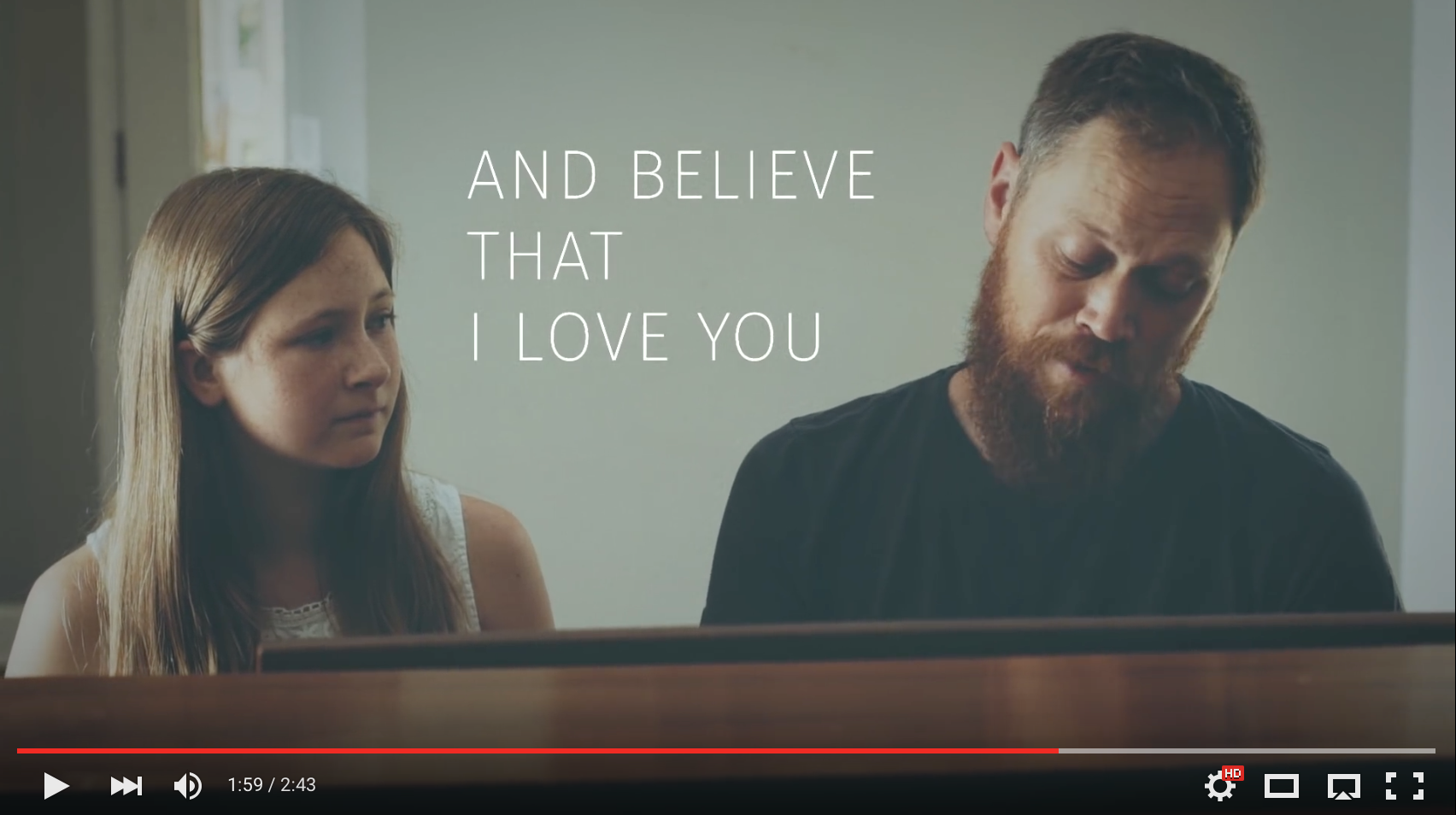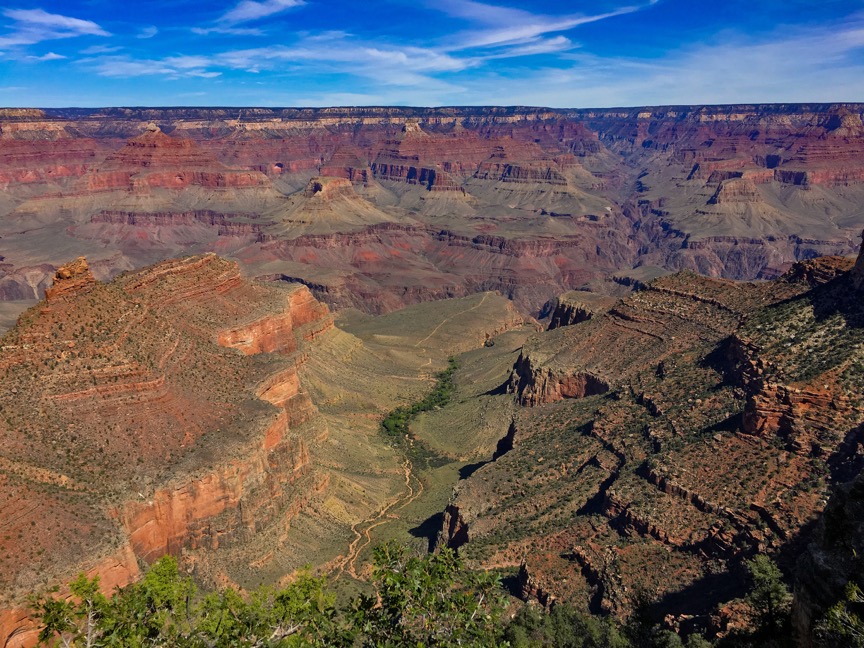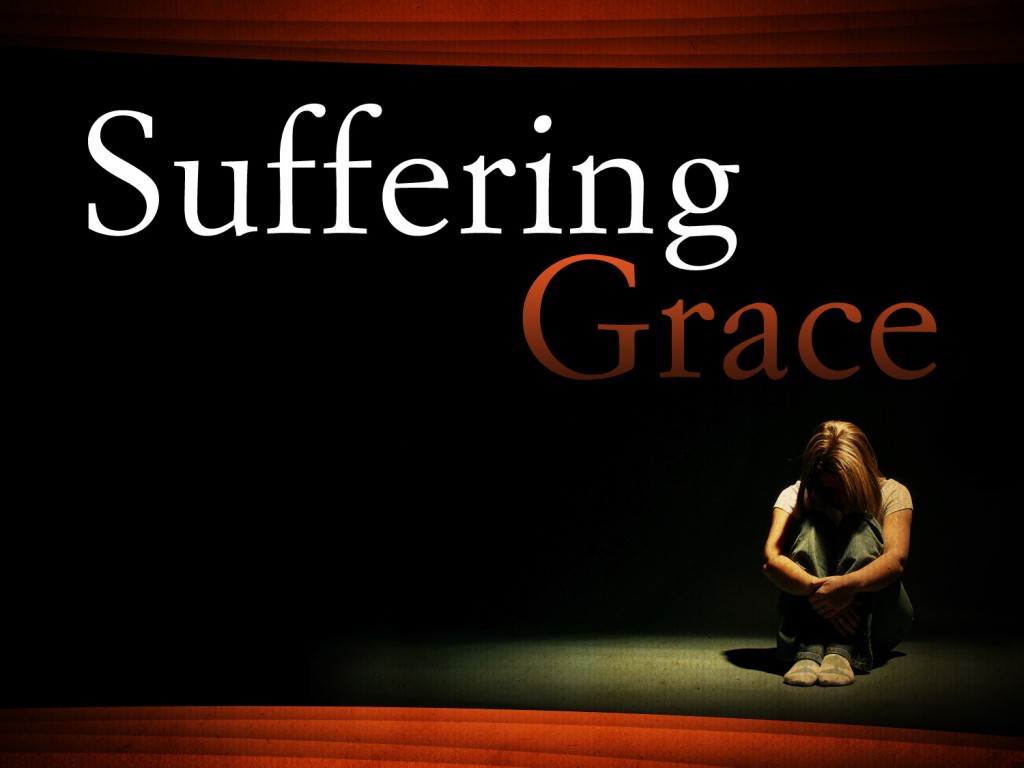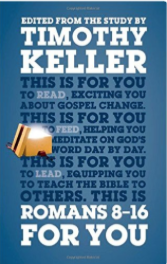This week I wanted to pass along a collection of a few quotes from one of the most respected preachers in history – Charles Haddon Spurgeon (1834 – 1892). Spurgeon pastored for 38 years in London, England at the New Park Street Chapel (later called Metropolitan Tabernacle).
Enjoy!
“Nothing teaches us about the preciousness of the Creator as much as when we learn the emptiness of everything else.” ― Charles H. Spurgeon
“Have your heart right with Christ, and he will visit you often, and so turn weekdays into Sundays, meals into sacraments, homes into temples, and earth into heaven.” ― Charles H. Spurgeon
“God helps those who cannot help themselves.”― Charles H. Spurgeon
“A Jesus who never wept could never wipe away my tears.” ― Charles H. Spurgeon
“You will never glory in God till first of all God has killed your glorying in yourself.” ― Charles H. Spurgeon
“To rejoice in temporal comforts is dangerous, to rejoice in self is foolish, to rejoice in sin is fatal, but to rejoice in God is heavenly.” ― Charles H. Spurgeon
“When your will is God’s will, you will have your will.” ― Charles H. Spurgeon
“O child of God, be more careful to keep the way of the Lord, more concentrated in heart in seeking His glory, and you will see the loving-kindness and the tender mercy of the Lord in your life.”― Charles H. Spurgeon
“As for His failing you, never dream of it — hate the thought of it. The God who has been sufficient until now, should be trusted to the end.” ― Charles H. Spurgeon
“The greatest joy of a Christian is to give joy to Christ.” ― Charles H. Spurgeon
“I bear my testimony that there is no joy to be found in all this world like that of sweet communion with Christ. I would barter all else there is of heaven for that. Indeed, that is heaven. As for the harps of gold and the streets like clear glass and the songs of seraphs and the shouts of the redeemed, one could very well give all these up, counting them as a drop in a bucket, if we might forever live in fellowship and communion with Jesus.” ― Charles H. Spurgeon
“It is not great talents God blesses so much as likeness to Jesus.” ― Charles H. Spurgeon
“His mercy is so great that it forgives great sins to great sinners after great lengths of time and then gives great favors and great privileges and raises us up to great enjoyments in the great heaven of the great God!” ― Charles H. Spurgeon
“If Christ is not all to you He is nothing to you. He will never go into partnership as a part Saviour of men. If He be something He must be everything, and if He be not everything He is nothing to you.” ― Charles H. Spurgeon
“Remember that the Lord Jesus came to take away sin in three ways; He came to remove the penalty of sin, the power of sin, and, at last, the presence of sin.” ― Charles H. Spurgeon
“It was the mighty power of the Holy Spirit dwelling in Him by which Jesus overcame the world–and that same quiet power, if it dwells in us, will make us win the same victory by faith.” ― Charles H. Spurgeon
“He bequeaths us His manger, from which to learn how God came down to man, and His cross to teach us how man may go up to God. ” ― Charles H. Spurgeon
